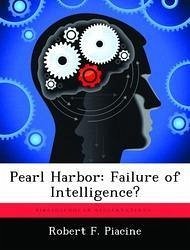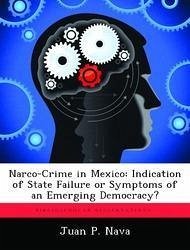
Pearl Harbor: Failure of Intelligence?
Versandkostenfrei!
Versandfertig in über 4 Wochen
53,99 €
inkl. MwSt.

PAYBACK Punkte
27 °P sammeln!
Many scholars and writers state that the surprise the Japanese achieved in their attack on Pearl Harbor resulted from a failure of the U.S. intelligence community to provide adequate, accurate information to government and military decision-makers. These historians presume the intelligence community possessed critical information that was misinterpreted or not appropriately disseminated prior to the attack. Some revisionist historians also subscribe to conspiracy theories and believe that key members of the U.S. government purposely withheld this critical information from the military command ...
Many scholars and writers state that the surprise the Japanese achieved in their attack on Pearl Harbor resulted from a failure of the U.S. intelligence community to provide adequate, accurate information to government and military decision-makers. These historians presume the intelligence community possessed critical information that was misinterpreted or not appropriately disseminated prior to the attack. Some revisionist historians also subscribe to conspiracy theories and believe that key members of the U.S. government purposely withheld this critical information from the military command in an effort to bring the U.S. into World War II against the Axis powers. Both groups cite existing studies and formerly classified information released since 1978 as evidence for their assertions.A review of the evidence available from official, public, and private sources, however, indicates these viewpoints are inaccurate. At best they reflect a lack of understanding of the collection capabilities and information available to the U.S. intelligence community before Pearl Harbor; at worst these views are an effort to rewrite history. It is possible to disprove these allegations, however, by examining the history of the U.S. intelligence community prior to the attack; its intelligence collection capabilities; the success or failure of the collection effort; its knowledge of Japanese military preparations for offensive activity; and the utilization of that information by national and military decision-makers.












